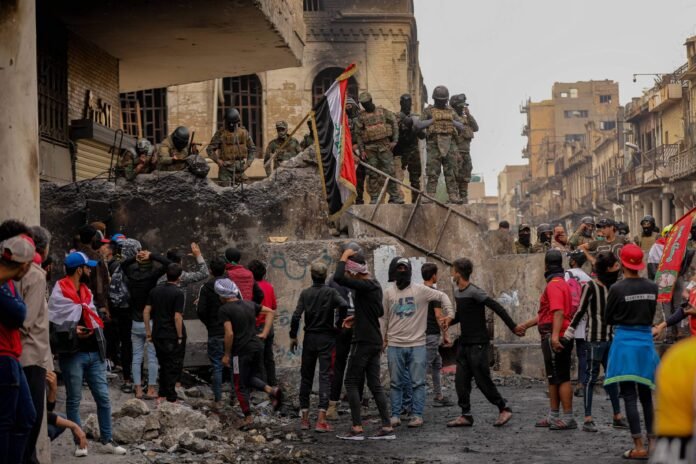The Arab lists in Kirkuk are fueling political chaos ahead of the legislative elections scheduled for November 11, 2025. Five Arab alliances and parties are competing in the province with 120 candidates, even though the Arab voter base is around 350,000. Kurdish and Turkmen lists are also present, further complicating the electoral landscape.
According to the head of organizational affairs for the Al-Siyada party in Kirkuk, the Arab lists in Kirkuk are largely to blame for this turmoil. He noted that the Arab Alliance formed in 2018 under the name “Arab Political Council” and later welcomed parties such as Al-Karama and the Arab Project. Despite its growth, internal disputes continue to disrupt unity.
He added that candidates on the Arab lists in Kirkuk frequently exchange accusations. Some allege theft, while others label rivals as Ba’athists. He described the environment as “messy and chaotic,” warning that this damages public trust in the elections. Meanwhile, the Turkmen community has split into Sunni and Shiite factions, adding further fragmentation.
The official explained that five large Arab alliances contribute to the confusion. He believes two lists would have been sufficient. With Kirkuk’s Arab population estimated between 600,000 and 700,000 and about 350,000 eligible voters, he expects only three men and one woman to secure victory.
Attempts to unify the Arab lists failed, especially after last year’s provincial council agreements. These tensions led key figures like Salwa Al-Mufriji to leave the Al-Siyada alliance following personal disputes. She later joined rival political camps.
Following her defection, the Arab Alliance demanded her expulsion, accusing her of breaking pledges. However, her departure did not shift the local political balance. The official called the council structure “failed,” citing ongoing conflicts and a lack of decision-making.
He criticized candidates for prioritizing personal interests over Kirkuk’s future. The Turkmens, although allied with Arabs, have fueled tensions by seeking more posts than their population justifies. They currently control influential positions such as Director General of Kirkuk Health and the presidency of a local university.
In conclusion, the Arab lists in Kirkuk remain the central challenge to political unity. Ongoing rivalries and fragmented leadership continue to hinder collaboration and progress in the province.


